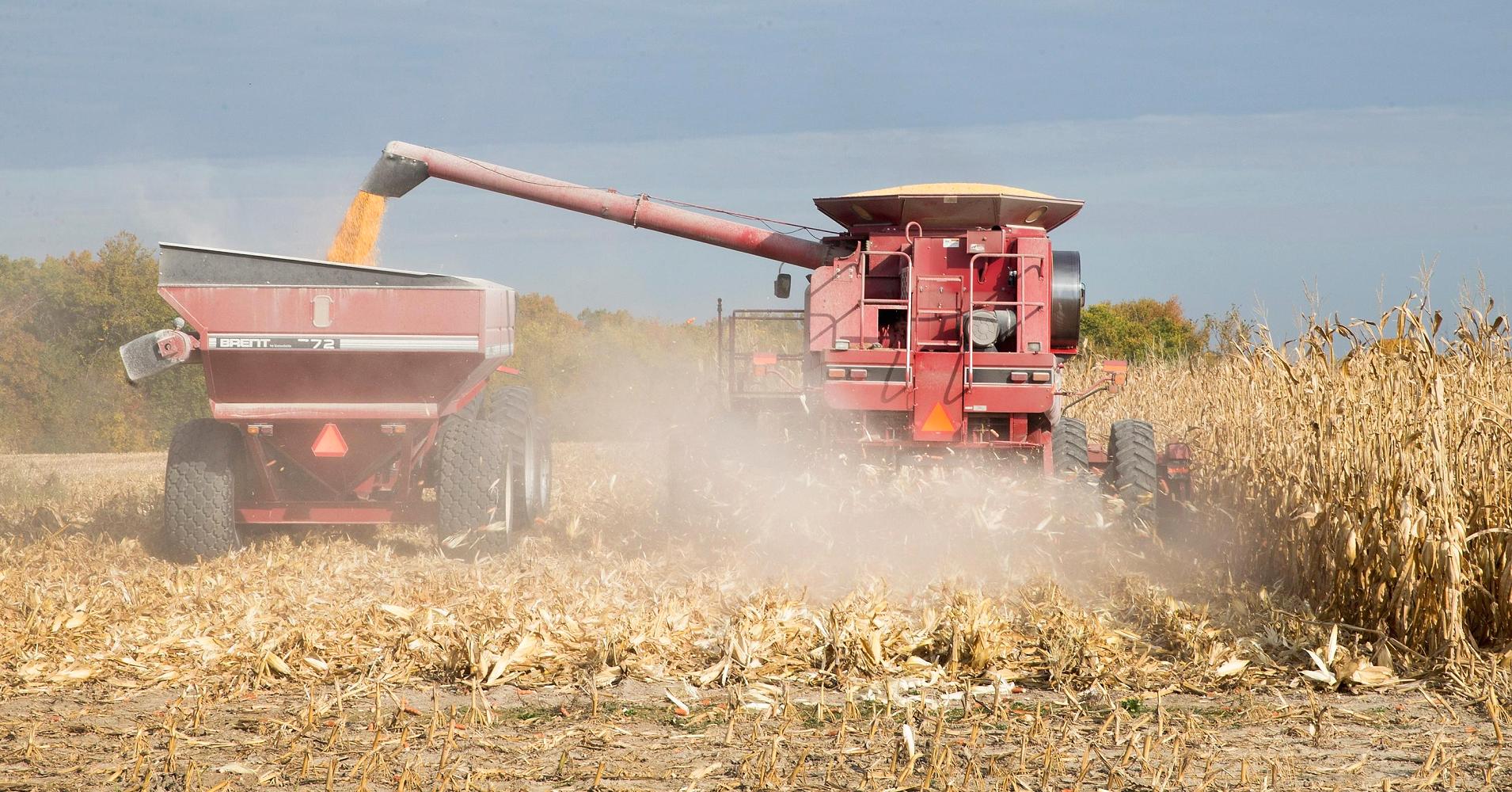
For 21st century Washington, governing is a climb that keeps getting steeper. Consider the farm bill defeated on the House floor Friday.
As dramas in the capital go, this one is distinctly second-tier. But at the hands of both Democrats and Republicans, this massive 600-page legislation flunked the first big test of whether Congress can sustain the bipartisan coalition undergirding one of America’s 20 largest industries.
Since Congress first offered major support for agriculture during the Great Depression, farm assistance programs have faced a recurrent challenge in preserving political support. One in four Americans were involved in the industry then, but that has now shrunk to one in fifty.
One modern breakthrough took place in the late 1970s, thanks to two farm-state senators. Democrat George McGovern of South Dakota and Republican Bob Dole of Kansas – each at different points his party’s nominee for president – teamed up on a significant expansion in the food stamp program.
They firmly linked two disparate constituencies: conservatives representing farmers in Midwest and Plains states, and liberals representing low-income Americans elsewhere, especially in big cities. That’s been enough to pass an updated version of the farm bill every few years ever since.
But the shifting winds of a fractious, polarized political system have rattled that consensus in several ways.
First, the increasing concentration of farm production and profits into a diminishing number of large agri-businesses have left federal subsidies for commodity prices, conservation and crop insurance more vulnerable to political attacks. In some cases that produces bipartisan opposition – as in an unsuccessful attempt on the House floor this week to curb subsidies for the sugar industry.
The dominance of Big Agriculture also makes it easier for House Democrats to defect over issues closer to home. Far more than in Dole’s era, today’s GOP focuses consistently on cutting federal benefits for low-income Americans.
So Democrats rebelled en masse against this farm bill’s new work requirements for food stamp recipients. Complaining that more than 1 million households would lose food stamp benefits, all 183 House Democrats on hand voted no.
That defeated the bill because 30 House Republicans, defying lame-duck Speaker Paul Ryan and other party leaders, joined Democrats for radically different reasons. Their no votes reflected the the Trump-era centrality of restricting immigration.
As Democrats and GOP moderates seek separate legislation to protect so-called immigrant “Dreamers,” members of the conservative House Freedom Caucus decided the farm bill could become a bargaining chip to block them. Unable to gain the concessions they wanted, enough caucus members to sink the bill withheld their votes.
Farm bills have failed before. Congress couldn’t pass one on schedule in 2012, leading lawmakers to extend provisions of the 2008 version. The current law, which finally passed in 2014, is projected to cost $455 billion by its scheduled expiration later this year.
With 2018 midterm elections looming, Congress could fall back on a similar stop-gap extension this year. But the Senate isn’t giving up.
As a senior member of the Agriculture Committee, Senate Majority Leader Mitch McConnell of Kentucky takes a strong personal interest in the issue. And because the farm bill won’t be considered under special “reconciliation” rules requiring only a majority vote, Senate passage will require support from at least nine Democrats to surmount an opposition filibuster.
That assures the Senate farm bill won’t include the sorts of food stamp restrictions that helped sink the House proposal today. Which means, in turn, that Congress will have at least one more chance to patch together a bipartisan farm coalition once again.

